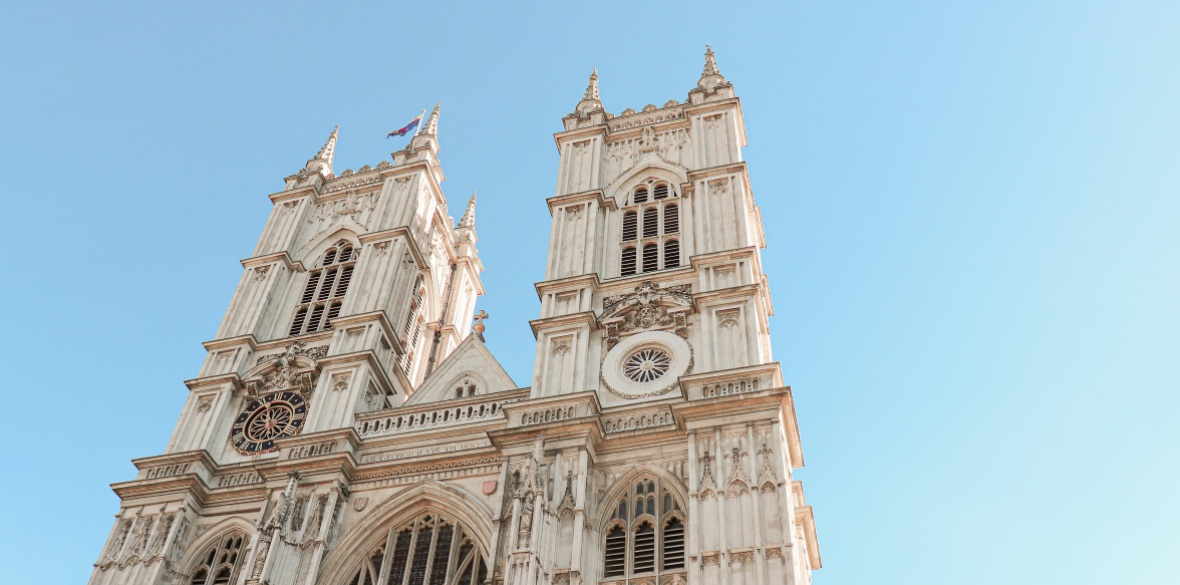This is the last article you can read this month
You can read more article this month
You can read more articles this month
Sorry your limit is up for this month
Reset on:
Please help support the Morning Star by subscribing here
THE Church of England’s bid to address historic links to slavery must be the start of a wider conversation for British society, a campaigner said today.
A report said that a £100 million investment fund set up to address the wrongs of the past was too small and slow, setting a £1 billion target for “healing, repair and justice.”
A funding programme was announced in January last year for investment, research and engagement to “address past wrongs.”
But its original nine-year time frame has been judged too long by an independent oversight group, which said: “The sum of £100m is very small compared to the scale of racial disadvantage originating in African chattel enslavement.”
The group said the church commissioners had “embraced a target of £1bn for a broader healing, repair and justice initiative with the fund at its centre,” to be met via a larger allocation from the commissioners as well as through third-party funds.
Patrick Vernon, a member of the oversight group and a well-known Windrush campaigner, welcomed the church’s response to the report and said it must be “the start of a journey for the country, to talk about this” issue.
He said: “We have to recognise this is quite a historic occasion for one of the major institutions in British society to put its hand up and say ‘we benefited from the African chattel enslavement, we recognise injustice’ and in terms of the theology of the church, recognising that it had to do the right thing.”
Calling for a “mature conversation,” Mr Vernon said he hopes the report can spark other major organisations into action.
“I hope that this will inspire other institutions and other organisations who have been involved in a similar history, like the Church of England, to recognise they have to look at righting the wrongs,” he said.
The fund will invest in members of disadvantaged black communities, aiming to “back their most brilliant social entrepreneurs, educators, healthcare givers, asset managers and historians.”
Church Commissioners for England chief executive Gareth Mostyn said: “I hope that we will be able to start deploying funds by the end of this year, but we’ll make sure that we work through all of the practical, financial, legal issues to make sure that we’re ready to do that before we do.”
The announcement of the fund last year came in response to what the group described as a “historic pool of capital tainted by its involvement in African chattel enslavement” known as Queen Anne’s Bounty, a fund used to supplement the income of poor clergy. it invested significantly in the South Sea Company, which traded in slaves in the 18th century.
The fund also received numerous donations, many of which the church has admitted were likely to have come from people linked to, or who profited from, slavery and plantations.
Among a series of recommendations, the oversight group called on the commissioners to separately fund research to uncover “the full picture” of the church’s involvement in slavery and wealth generated from it beyond Queen Anne’s Bounty.









